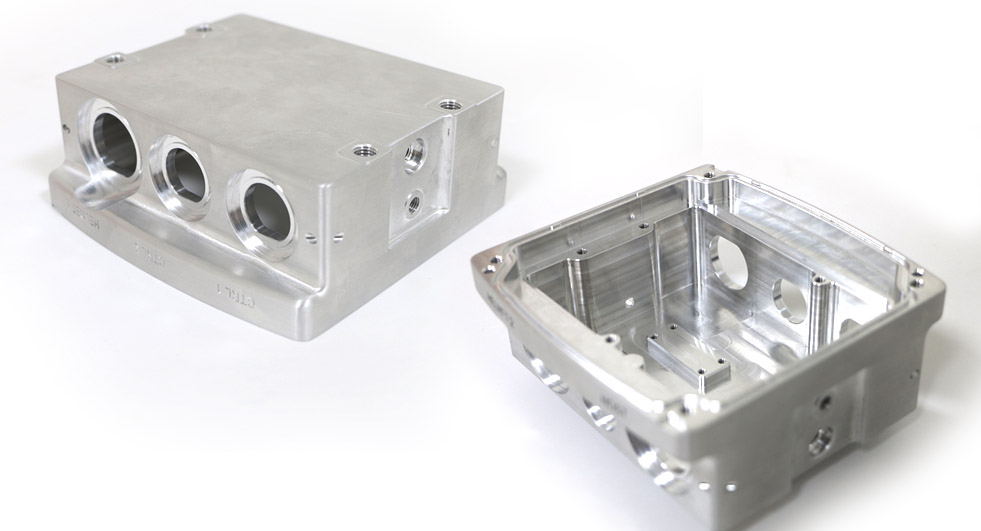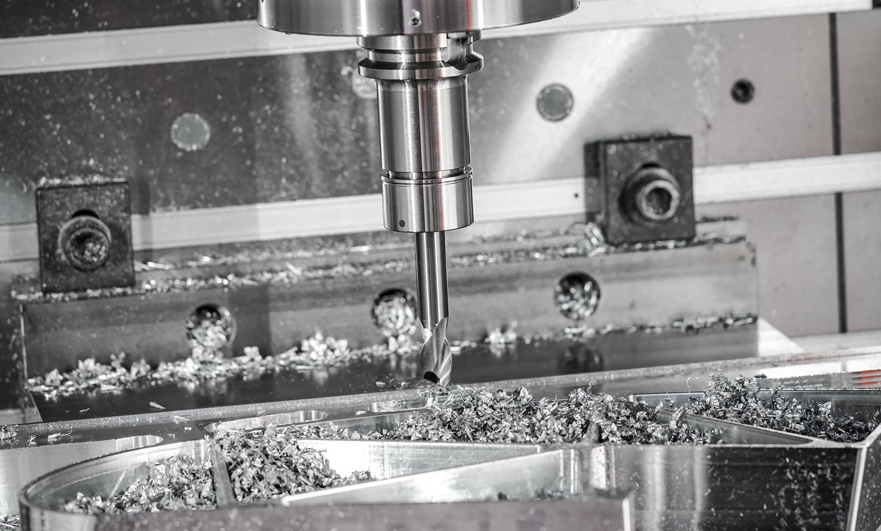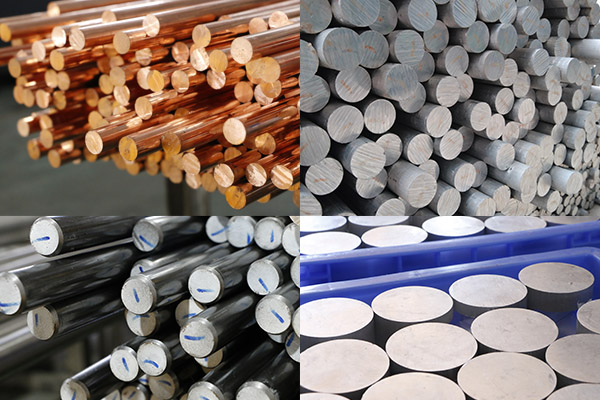15 years one-stop China custom CNC machining parts factory

Hey there I’m VMT Sam!
With 25 years of CNC machining experience we are committed to helping clients overcome 10000 complex part-processing challenges all to contribute to a better life through intelligent manufacturing. Contact us now
 161 |
Published by VMT at May 13 2022
161 |
Published by VMT at May 13 2022
For prototype and end-use precision metal parts, precision is a very important aspect of metal CNC machined parts. Accuracy means you get CNC machined parts that look and feel exactly as you designed them, with no errors that could affect mechanical function.
Thanks to the rise of CNC machining machines, metal CNC machined parts are now more precise than ever. Machinists can use a computer to program the trajectory of a cutting tool to a micrometer, virtually eliminating inaccuracies caused by human error. As long as the CNC machine is set up correctly, it should cut metal CNC machined parts with high precision.
But there are many factors that affect the precision of metal CNC machining. Machine quality, material selection, and even room temperature can all play a role, and some customers may have very different precision requirements than others.
This article discusses the ins and outs of precision metal CNC machined parts, explaining concepts such as precision, precision, and tolerance.

What is the precision of CNC machining parts?
Although precision and precision seem to be synonymous, they have different meanings when it comes to machining. Therefore, it is important to understand what we mean by the different terms.
In the context of metalworking, accuracy is how well a machine can match the measurements specified in the design.
If a machine can cut at the exact location specified in the design, then it has high precision.
If it misses the target occasionally, but hits the right spot on average, then we can say it still has high accuracy.
But it is important that a good CNC machining machine is more than average.

What is CNC machining repeatability or machining accuracy?
CNC machining accuracy refers to the similarity of measurements over multiple attempts or between multiple copies of a part.
In other words, if a machine hits exactly the same point on 100 copies of a CNC machined part, it has high accuracy.
This is not the same as precision because precision doesn't particularly care if the "point" is the same as specified in the design! A machine can be very precise, even though it always cuts 3mm to the left of the intended mark.
Obviously, it is important to have both accuracy and precision.
Accuracy means you're hitting the coordinates specified in the design, and precision means you're hitting them consistently across multiple units.
What are CNC machining part tolerances?
In CNC machining, tolerance refers to the deviation from the value of cutting. So it's about precision, but it's a customer-specified value, not a property of the machine itself.
If a customer requires a feature of a CNC machined part to be very consistent from cell to cell, they will specify a tight tolerance on that feature to allow for minimal deviation. In practice, this means that the machine has to be operated more slowly and carefully.
If looser tolerances are specified - such as on non-mechanical features - CNC machining can proceed faster.
Although tolerances are defined by the customer, machines typically specify their standard and smallest possible tolerances.
What contributes to the accuracy of CNC machining machines?
The accuracy of a CNC machining machine depends on several factors, some of which are determined by the CNC machining manufacturer and some that can be controlled by the machinist.
In order to achieve precision metal CNC machining, the following factors must be considered:
Machine Quality: Well-made machines with high-quality components will generally produce more accurate CNC machined parts than low-quality machines.
Machine Condition: CNC machines contain countless components, so proper maintenance is critical to keeping them accurate.
Tool condition: Dulled and worn tools showing signs of flank wear, crater wear, etc. can reduce the accuracy of CNC machines, so they must be kept in good condition. Dull tools also increase cutting temperatures, another factor that reduces accuracy.
On-board inspection: Feedback tools such as on-board probes can tell the machinist whether the machine is cutting accurately during the job. These tools can also be used to correct any deviations in real-time, improving accuracy.
Temperature and humidity: The working environment will affect the CNC machining accuracy. Although the machine is capable of cutting CNC machined parts in warm conditions, thermal consistency must be maintained to avoid deviation.
Calibration: Machine tools should be calibrated regularly to maintain accuracy.

What is the best material for precision metal CNC machining?
Precision metal CNC machined parts are best achieved using materials suitable for CNC machining.
Because while even the hardest metals and alloys can be CNC machined with precision, some materials that are difficult to CNC machine can negatively impact machining accuracy.
The machinability of a metal is the ease with which a cutting tool can cut it. Quickly cuts highly machinable metals at low power, producing a high-quality finish without significant wear on the cutting tool.
Some of the metals that can be precision CNC machined include:
Aluminum 6061
Aluminum 7075
Aluminum 2024
Stainless Steel 303
Stainless Steel 304
Brass C35300
In theory, a good CNC machine should still be able to cut hard-to-machine metals, albeit with more time and power consumption.
But these metals that are difficult to CNC machine have an indirect negative impact on accuracy.
Unmachinable metals can significantly increase tool wear, while dulled tools can reduce machine precision and precision.
Also, most clients want to find a good balance between speed and accuracy. If precision metal CNC machining requires extremely low cutting speeds because the metal is difficult to machine, the project may not be worth the trouble.
When is precise metalworking required?
Accurate precision metal CNC machining is important for a number of reasons, from guaranteeing customer satisfaction to ensuring the mechanical functionality of CNC machined parts.
Items that require high precision may include:
Metal CNC machined prototypes marketed by investors with apparent inaccuracies may give senior professionals a negative impression.
Mechanical CNC machined parts that interact with other CNC machined parts. Proper functionality can be controlled by specifying appropriate tolerances, but good precision is still required to ensure compatibility between CNC machined parts.
With CNC machined parts made from rare or expensive metals, excessive scrap can compromise the economic viability of the project. (Of course, minimizing scrap is always beneficial.)
Offer jobs to potential long-term partners. When you work with new customers, you'll increase your chances of building long-term partnerships by providing them with precision CNC machined parts from the start. In some cases, customers will only accept orders if a certain level of accuracy can be guaranteed.
Ready To Start Your Next Project?
Get Instant Quote

Request a Free Quote
Send us a message if you have any questions or request a quote. We will get back to you ASAP!